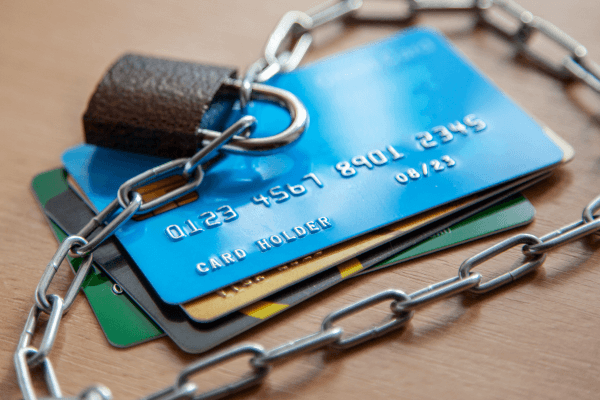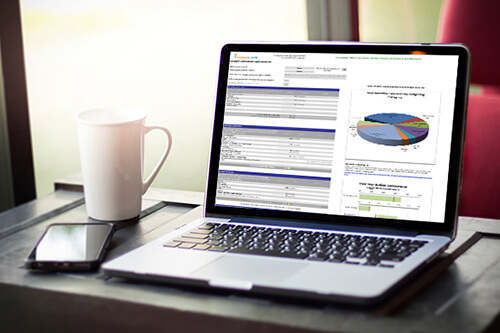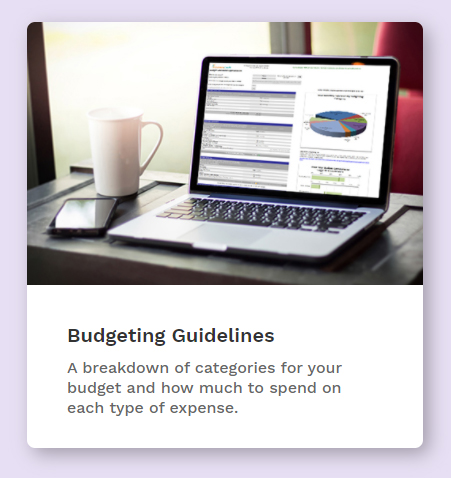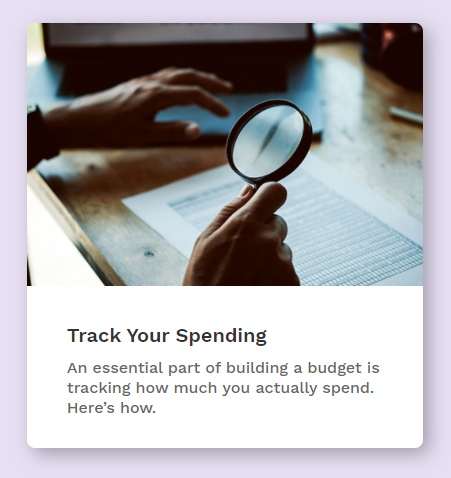5 Ways to Help Protect Your Money from Scams and Fraud
by Kevin Sun
You’ve worked hard for your money, so the last thing you want to see is that money going into the pockets of scammers and identity thieves. According to the Canadian Anti-Fraud Centre, almost 40,000 Canadians lost over $104 million to fraud in 2020 (with only 7 million of that lost to COVID-19 scams). As criminals get better at stealing, it’s important to do whatever you can to guard yourself. Here are 5 ways you can help protect your money:
1. Think Before You Act
Many people fall victim to scams not because they didn’t know better, but because they were pressured into a trap with scare tactics and FOMO (Fear of Missing Out). Examples of this are emails that say you need to claim some kind of money now or lose it, website popups that say your computer has been infected with a virus, and even fake government texts that tell you to “repay” money or get arrested.
The goal of these kinds of scams is to make you panic. When people panic, they stop thinking properly and are far more likely to do what they’re told. Whenever you get an “urgent” message, calm down, take some deep breaths, and think critically about why you got this and what it’s trying to make you do. It’s also a good idea to talk it through with someone you trust before taking any actions.
2. Follow Password Best Practices
This won’t be the first time you read this and it won’t be the last, so instead of listing everything you might already know about password best practices, here are a few important reminders:
- Use a unique password for every account. If that’s too much, then at the very least, use unique passwords for your most important accounts (e.g. bank and email).
- Turn on two-factor authentication. The most popular way to do this is to have a code sent to your email or phone with every login attempt.
- Don’t use words or numbers in your password that friends or family could guess (because chances are that hackers could guess it too).
- Change your passwords every three months. Again, if that’s too much, then at least change the ones for your most important accounts.
Password managers are also a popular way to make, use, and store complex passwords. The risk with these, however, is that if the password for your manager gets stolen, then you’ve lost all your other passwords with it. So using a manager is never an excuse to slack on following password best practices.
3. Know the Red Flags of a Fraudulent Email
We all know not to trust a mysterious prince with our money, but fraudulent emails nowadays are often much harder to spot. For example, you might get what looks like an official Amazon email that has an official-looking address, contains Amazon colours and logos, brings you to what looks like the Amazon login page, and even lets you actually login to the real Amazon – but not before stealing your account info. Here are some red flags to watch out for when you get an email that asks you to enter your personal/account info:
- The email address ends with “@gmail.com,” “@hotmail.com,” or another public domain.
- The email doesn’t directly address you by name (i.e. it uses something like “Dear Customer”).
- The email has a strange-looking URL link (you can check without clicking on it by just hovering your mouse over the link).
- The email tells you to act quickly if you don’t want to lose something.
- The email has spelling or grammar errors.
Whenever you’re not sure if an email is fraudulent or not, don’t click anything on it, but contact the sender directly by going to a customer support page or by calling them. And when you get an email asking you to change your password, don’t click anything on it, but instead go to the account page yourself on a fresh browser and change your password from there.
4. Monitor Your Money Through Online Banking
No one would bother visiting the bank every day just to check that their money wasn’t stolen, but when you can do it in a minute online – why not? Bookmark the link to your online bank account and get into a habit of checking it at least weekly, if not daily. You’ll find out quickly if a thief withdrew money from your bank accounts or bought something with your credit card, and the sooner you report that, the more likely you won’t be on the hook for those losses. Just make sure you’re logging in through a trusted computer and internet connection!
How to Check Your Credit Report for Free
Another big benefit of regularly checking your money is that you can more easily track what you’re spending and make sure that’s staying within your budget. Doing this a bit day-by-day will also be much less overwhelming than trying to tally up all your purchases at the end of the month.
Tools for Tracking Your Spending
5. If an Online Deal Looks Too Good to Be True, It Probably Is
Online shopping is easier than ever with marketplaces like Amazon and eBay, but remember that if a deal looks too good to be true, then it’s likely to be a scam or knockoff. As tempting as it might be to pounce on a seemingly fantastic price for that thing you always wanted to buy, take the time to check for these red flags:
- You can’t recognize the brand.
- The product doesn’t come with official brand packaging (unless you know it’s second-hand or refurbished).
- The photos don’t match the product description.
- The seller tries to direct you to another shopping site.
- The seller adds steps to buying, like making you contact them outside of the site you’re already on.
- The buyer reviews look bad, fake, or few in number.
Another important fact to keep in mind is that even if what you buy isn’t a scam, it can do just as much damage if you can’t actually afford it in your budget. Resisting the urge to spend just because something is a “good deal” will go a long way towards protecting your financial health.
How to Resist Impulse Spending When the Deals Look So Good
What to Do If You Need Help Protecting Your Money
Protecting our money from scams, fraud, and ourselves is an ongoing process that we must keep up every day. But you don’t have to do it alone. If you need more information on how to keep your money safe or are looking for help with getting your finances back on track, our credit counsellors are here for you. Book a free and confidential appointment with a quick phone call, email, or anonymous online chat.






0 Comments